The Largest Olympic Boycotts of All Time
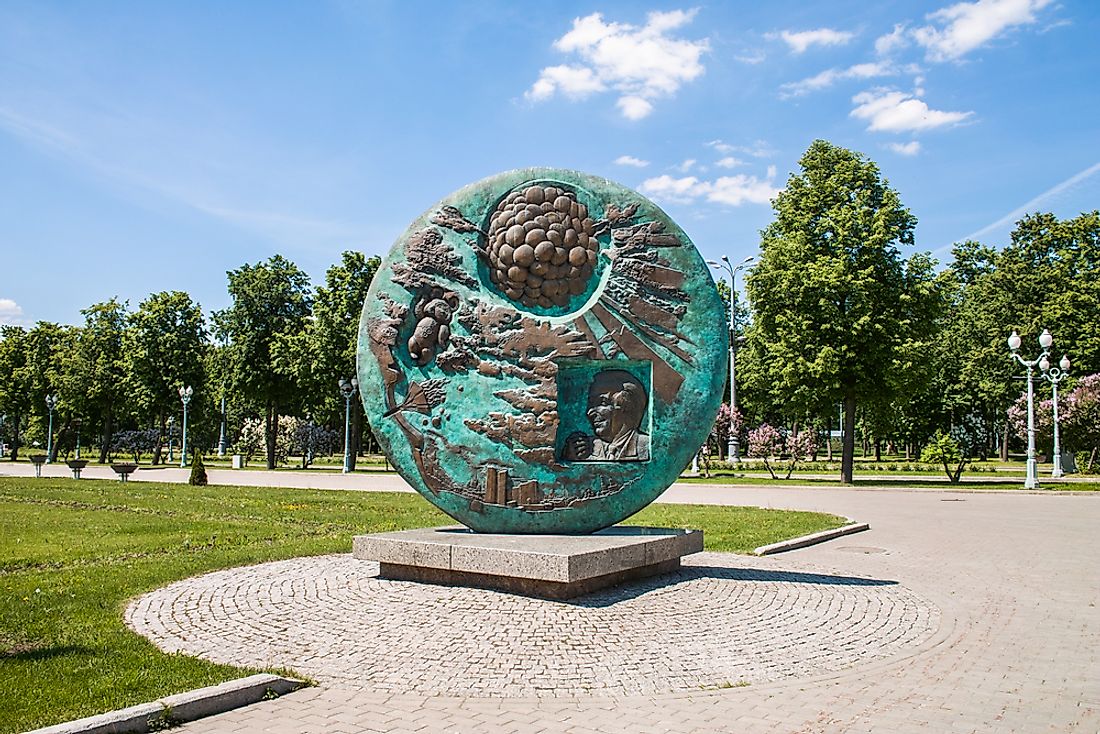
5. 1964 Summer Games, Tokyo
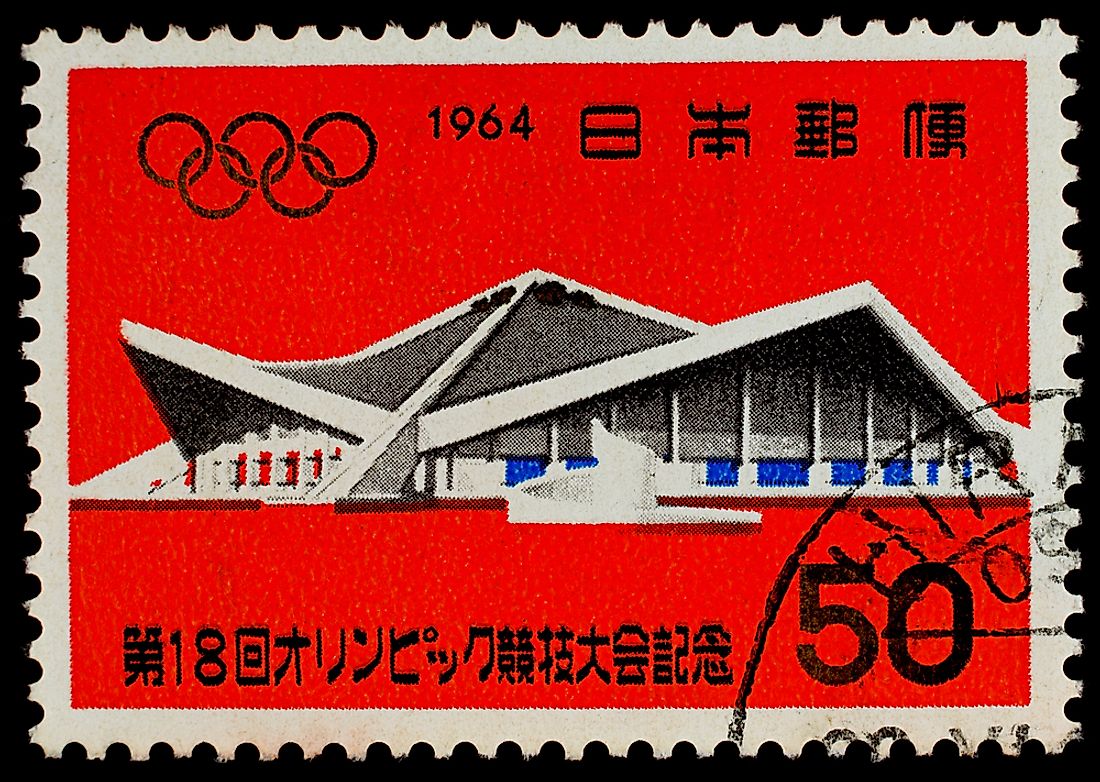
The Summer Olympics of 1964 took place in Tokyo, Japan between October 10, 1964, and October 24, 1964. Hosting the Olympic Games was very significant to Japan. After the Hiroshima bombing, the country had a chance to show the world that it had healed. In fact, the final torchbearer, a man named Yoshinori Sakai, had been born on the day that the atomic bomb hit Hiroshima City.
The countries that boycotted the 1964 Summer Olympics were North Korea, Indonesia, and China. North Korea withdrew its participation in the Olympics moments before the event began. The International Olympics Committee (IOC) did not allow the three countries to participate in the Olympics due to their participation in the Games of the New Emerging Forces (GANEFO) in 1963. Founded by President Sukarno, the objective of the GANEFO was to boycott the IOC as retaliation for suspending Indonesia from the organization. Besides these three countries, there were 5,151 participants from 93 countries in the Olympics. Moreover, the Olympics program featured 163 events in the 19 sports played. The top three medal winners were the United States, the Soviet Union, and Japan.
4. 1976 Summer Games, Montreal
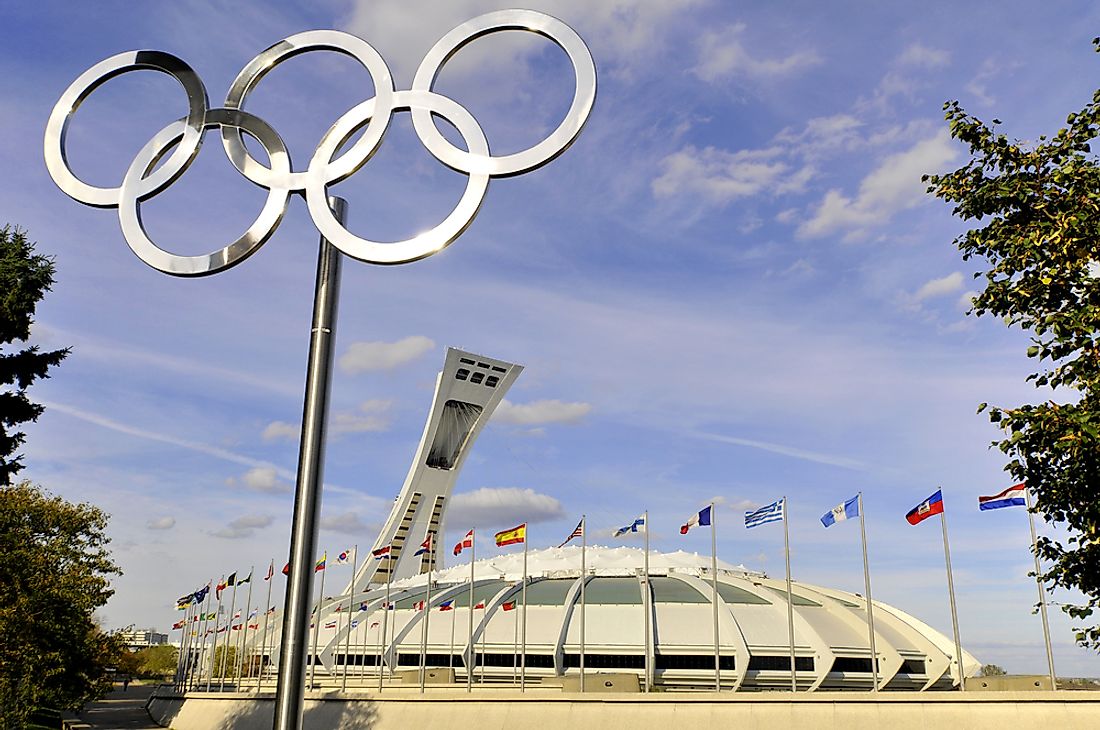
The Summer Olympics of 1976 took place in Montreal, Quebec. Canada hosted the Olympics for the first time during these Olympics, otherwise known as the Games of the XXI Olympiad. The event took place from July 17, 1976, to August 1, 1976. The Olympics had 92 participating nations with 6,084 athletes. The top medal winners in the event were Soviet Union, East Germany, and the United States.
In total, 30 countries boycotted the events. 29 nations, most of them African, did not participate in the event because the IOC allowed New Zealand to play in the Olympics. Earlier on in 1976, the New Zealand national rugby team toured South Africa in solidarity with Rob Muldoon. Their visit was a defiance of a UN sports embargo. The African nations viewed this act as an indication that New Zealand supported the apartheid regime in South Africa. Jean Claude Ganga, an official from Congo, led the boycott.
Some of the countries that boycotted were Libya, Gabon, Kenya, Algeria, Benin, Chad, Morocco, Cameroon, Iraq, Gambia, Ghana, Congo, Guyana, Egypt, Burma, Zambia, Sri Lanka, Mali, and Somalia. The only African countries that participated in the 1976 Olympics were Ivory Coast and Senegal. Another country that boycotted the Olympics was the Republic of China (ROC). The Canadian government under Pierre Elliott Trudeau refused to admit its participation since it did not officially recognize the name ROC.
3. 1980 Summer Games, Moscow
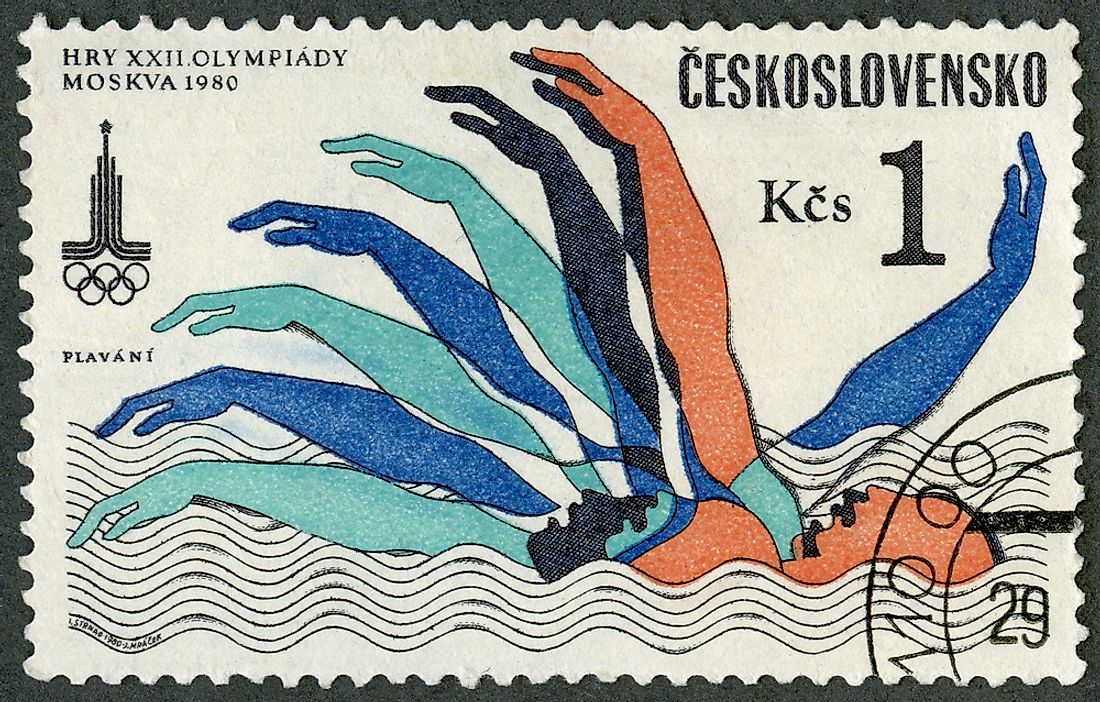
The Summer Olympics of 1980 took place in Moscow, the capital city of Russia (known as the Soviet Union at the time). So far, it was the only Summer Olympic Games held in the eastern parts of Europe. The 1980 Summer Olympics was also the first to be held in a socialist country. The attendance at the event was minimal, having only eighty nations represented. Led by the United States, 65 countries boycotted the Olympic Games due to the ongoing Soviet War in Afghanistan. The United States of America led the boycott following the Soviet War in Afghanistan that occurred from 1979-1989. The war resulted in the deaths of about 562,000-2,000,000 civilians. Iran also boycotted the games since the Islamic Conference had condemned the invasion. The countries who boycotted organized and participated in the Olympic Boycott Games.
Among the 80 countries that participated, six of them made their first appearance in Olympic Games. These nations were Laos, Botswana, Seychelles, Mozambique, Angola, and Jordan. 5,179 athletes participated in the Olympics with the top medal winners being Soviet Union, East Germany, and Bulgaria. The Olympics program had 203 events organized for the 21 sports played.
2. 1984 Summer Games, Los Angeles
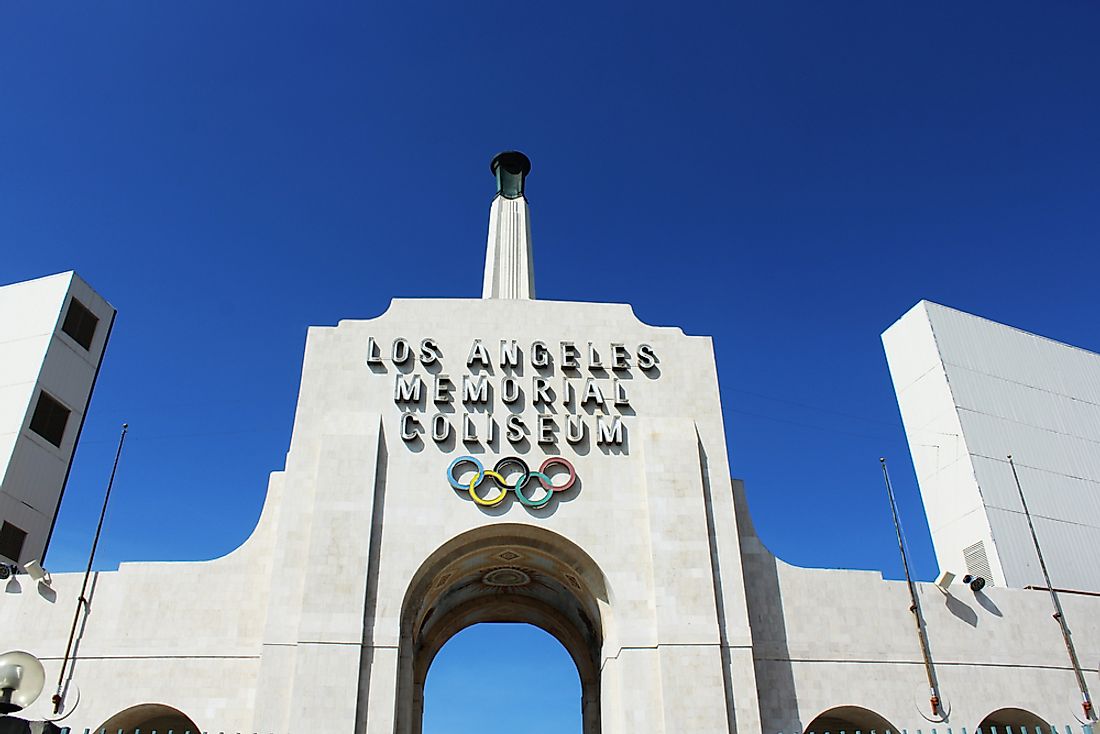
The host of the Summer Olympic Games of 1984 was Los Angeles, California in the United States. IOC awarded the hosting of this major event to Los Angeles by default when Tehran refused to bid for it. Since the US had led the boycott of the 1980 Summer Olympic Games, 14 Eastern Bloc countries retaliated by boycotting the games in solidarity. These countries included the Soviet Union, East Germany, and Cuba among others. Among the countries in this region, only Romania attended the Los Angeles Olympics. Libya and Iran also chose not to attend, but for different reasons.
The boycotting countries organized another large sports event called the Friendship Games. To avoid overlap of the Olympic Games, some countries who had participated sent their reserve teams to compete. In spite of the boycott, 140 nations took part in the 1984 Olympic Games. The number of athletes was 6,829, and there were 221 events out of the 21 sports played. The top medal winners were the United States, Romania, and West Germany.
1. 1988 Summer Games, Seoul
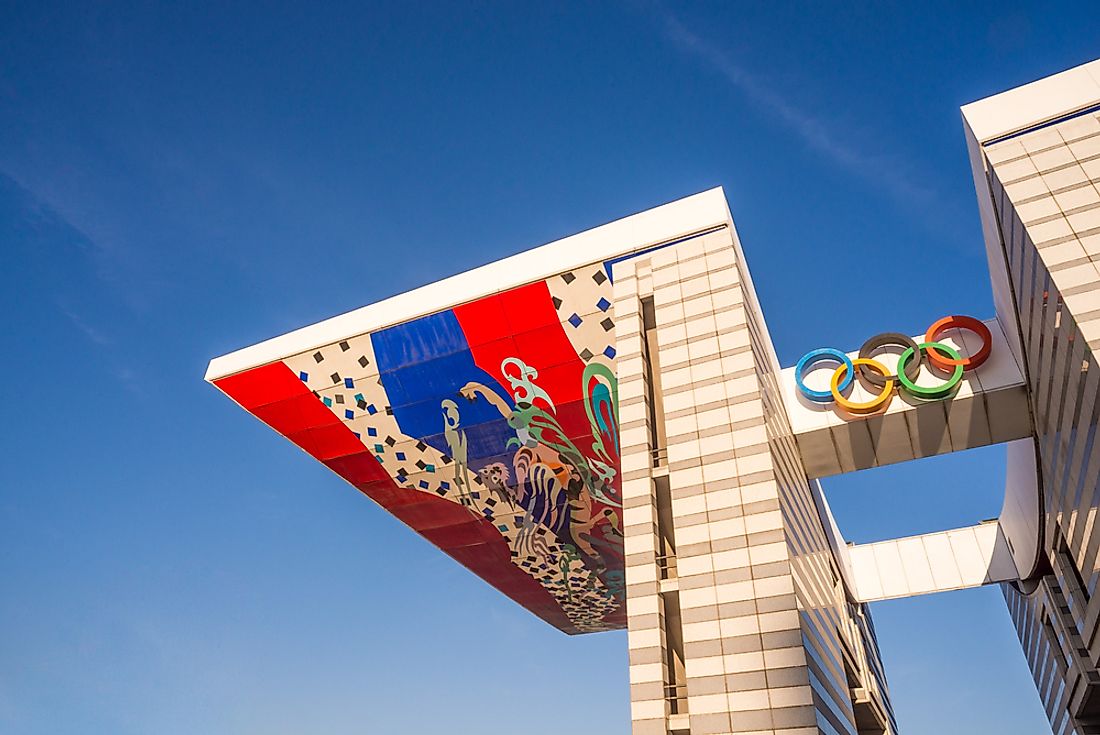
Seoul City of North Korea hosted the Summer Olympics of 1988. The other name for the event was the "Games of the XXIV Olympiad." The attendance was an improvement of the 1984 Summer Games. There were a total of 159 countries represented in this event with 8,391 athletes present. The top medal winners were Soviet Union, East Germany, and the United States. North Korea and its allies chose to boycott these Olympic Games. Its allies in the boycott were Albania, Seychelles, Madagascar, Ethiopia, and Cuba. The prime reason for this boycott was that North Korea was still at war with South Korea because the IOC did not meet its demands for hosting the Olympic Games. Nicaragua also chose to boycott these games because the United States had provided military support to the Contra rebels.
The 1988 Olympic Games had the best attendance in the Cold War era since the boycotts were not as large as the previous ones. The high turnout was the result of the IOC’s efforts to avoid another Eastern Bloc boycott including the adoption of the “Mexico Declaration.” Although Albania and Seychelles did not attend the Olympics, they did not refer to their absence as a “boycott” to avoid sanctions by IOC. The IOC expected Madagascar to participate in the Olympics, but at the last minute, they joined North Korea in the boycott.







